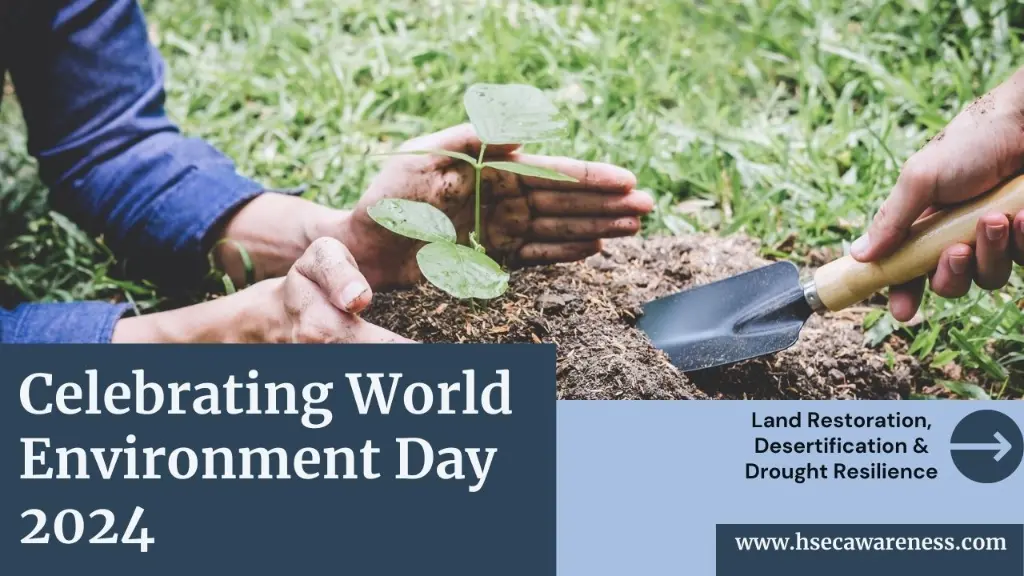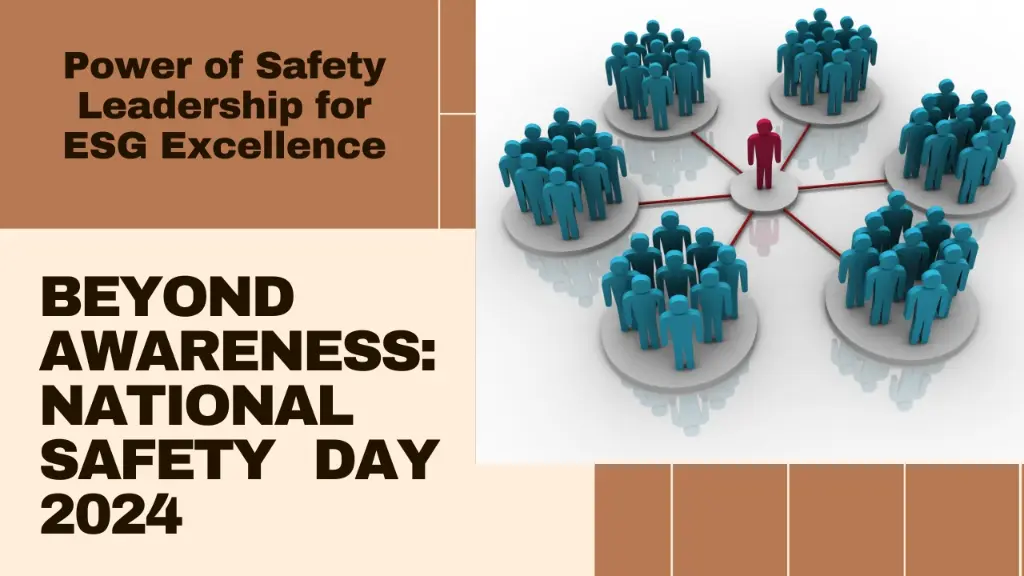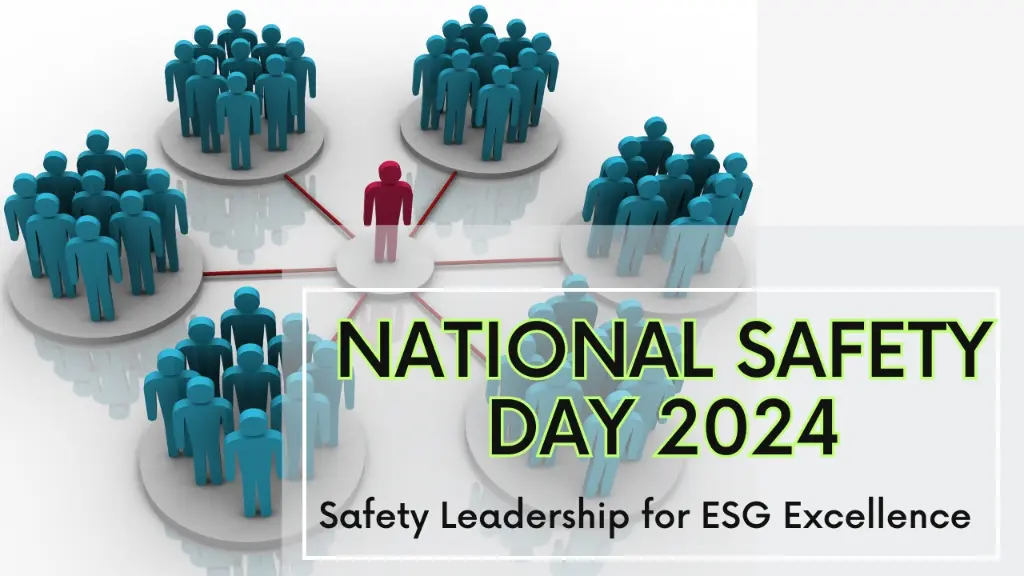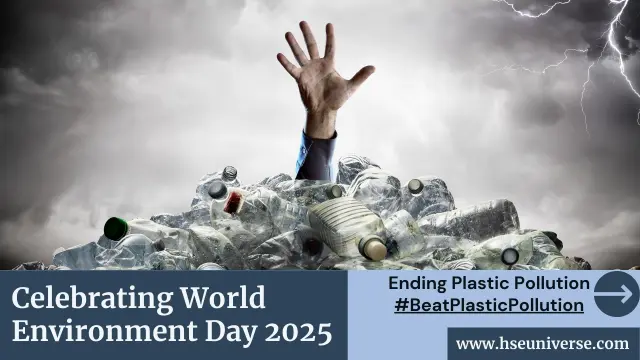As we approach Earth Day 2024, it’s essential to appreciate its importance and the role of environmental consciousness in our daily routines. This article will explore Earth Day’s history, the 2024 theme, and various ways individuals and communities can contribute to preserving the environment.
Introduction of Earth Day 2024:
Every year on April 22nd, Earth Day serves as a global reminder to focus on environmental conservation and sustainable living. Since its inception in 1970, this significant event has attracted people worldwide to join forces in addressing urgent environmental concerns.
Objectives of Celebrating Earth Day 2024:
Earth Day’s primary objective is to motivate individuals to adopt eco-friendly practices in their everyday lives. Such as:
- Raise awareness about the importance of environmental conservation and sustainable living;
- Promote individual and collective actions towards protecting the planet and preserving its natural resources;
- Encourage public participation in environmental advocacy and activism;
- Promote education and research on environmental issues and their solutions;
- Inspire policy-makers, businesses, and organizations to adopt eco-friendly practices and policies;
- Celebrate the beauty and diversity of our planet and promote its protection for future generations;
- Advocate for policy changes and solutions to environmental problems at local, national, and international levels;
- Encourage individuals and communities to take action towards environmental conservation and sustainable living;
- Promote environmental education and awareness about environmental issues;
- Inspire collective action and engage people of all ages, backgrounds, and cultures in environmental stewardship.
Earth Day 2024 Theme:
The theme for Earth Day 2024, “Planet vs. Plastics” emphasizes the widespread awareness on the health risk of plastics and rapidly phase out all single use plastics worldwide.
Planet vs. Plastics themes encourages people (students, parents, businesses, governments, churches, trusts, unions, individuals, and NGOs) to unite and commit for the end of plastics for the sake of human and planetary health
There are several ways to participate in theme-related activities organised by Govt. and private organizations, NGOs etc. such as attending local events, engaging in online conversations, or endorsing environmental campaigns.
Here are 10 different activities that a common person and/or families can participate in to celebrate Earth Day and make a difference:
1. Community Clean-ups:
Join or organize local clean-ups to remove litter from parks, beaches, and neighbourhoods. Working together with your neighbours, you can make a substantial impact on your surroundings and raise awareness about waste management and maintaining clean public spaces.
Example: Assemble a group of friends, family, or colleagues and select a local park, beach, or neighbourhood for clean-up. Bring gloves, trash bags, and necessary tools for litter collection. Afterwards, discuss proper waste disposal and share tips on reducing waste in daily life.
2. Tree Planting Initiatives:
Help combat climate change by planting trees in your community or supporting tree-planting organizations. Trees absorb carbon dioxide, provide habitat for wildlife, prevent soil erosion, and enhance urban landscapes.
Example: Partner with local environmental groups, schools, or municipalities to organize a tree planting event. Encourage participants to donate saplings or collaborate with a nursery to supply tree seedlings. Teach attendees about tree benefits and the importance of caring for them as they grow.
3. Educational Workshops:
Attend or organize workshops focusing on environmental conservation, sustainable living practices, or innovative solutions to environmental challenges. These workshops raise awareness about urgent environmental issues and empower individuals to make informed decisions.
Example: Host a composting workshop, teaching participants how to create and maintain compost bins. By promoting composting, you will encourage waste reduction and help your community embrace an eco-friendlier lifestyle.
4. Green Transportation Challenge:
Promote environmentally friendly transportation alternatives, such as walking, biking, or using public transit. These transportation methods not only reduce greenhouse gas emissions but also encourage a healthier lifestyle.
Example: Organize a “Bike to Work” or “Walk to School” day in your community, challenging participants to use greener transportation options. Offer incentives, like prizes or recognition, to motivate people to participate.
5. Support Eco-Friendly Businesses:
Invest in local, environmentally responsible businesses and products to encourage sustainable consumption and support your community’s economy.
Example: Host a green market where eco-friendly businesses and artisans can showcase and sell their products. Encourage attendees to learn about the environmental benefits of these products and the importance of supporting sustainable businesses.
6. Host a Clothing Exchange / Donation Campaign:
Textile waste is a major environmental concern, as discarded garments often end up in landfills, causing pollution. By hosting a clothing exchange event, you can inspire others to minimize waste and embrace sustainable fashion.
Example: Organize a clothing exchange event in your community, inviting participants to bring gently worn clothes, shoes, and accessories for swapping. This event not only helps reduce textile waste but also strengthens community bonds and familiarizes people with the concept of sustainable fashion. Similarly, we can donate these items to needy people too within our society.
7. Establish a Community Garden:
Creating a community garden is a fantastic way to promote eco-friendly living, educate people about the value of locally grown produce, and foster unity among neighbours.
Example: Collaborate with your local government, schools, or community centres to allocate land for a community garden. Invite neighbours to donate plants, seeds, and gardening equipment. Schedule regular gardening days and workshops to instruct participants on organic farming methods, composting, and the advantages of locally sourced food.
8. Participate in Wildlife Conservation Initiatives:
Get involved or organize efforts that concentrate on safeguarding wildlife, preserving natural habitats, or increasing awareness about the significance of biodiversity. These activities can include establishing pollinator gardens or conducting informative workshops about local plants and animals.
Example: Arrange a workshop on constructing birdhouses, bee hotels, or bat boxes, guiding participants on how to build and install these shelters for local wildlife. Additionally, inform attendees about the necessity of preserving wildlife habitats and the vital roles these creatures play in maintaining a healthy ecosystem.
9. Carry Out a Sustainability Assessment:
Motivate individuals, families, and organizations to perform a sustainability evaluation of their homes, workplaces, or community areas. This activity can help pinpoint areas for improvement to decrease energy use, water consumption, and waste generation.
Example: Design a checklist or survey that encompasses various sustainability factors, such as energy efficiency, water conservation, and waste management. Share the evaluation tool with your community members and encourage them to examine their living or working environments. Offer resources and suggestions on enhancing sustainability in the identified areas.
10. Make an Earth Day Commitment:
Request community members to pledge on Earth Day, promising to adopt one or more eco-friendly actions in their daily routines. This activity enables individuals to assume personal responsibility for their environmental impact and promotes long-lasting dedication to sustainable living.
Example: Develop an Earth Day commitment board or online platform for participants to post their pledges. These pledges can vary from using reusable shopping bags to planting trees or cutting down meat consumption. Encourage participants to share their progress and motivate others to join the cause.
One of the simple pledges could be “Always Carry Re-Usable Bag and Do not Use Single-Use Plastic”. Here is why we must act on the ‘Single-Use Plastic’:
- It’s estimated that we use 4 TRILLION plastic bags each year worldwide.
- The average plastic bag is only used for 10-20 minutes (just think about how quickly you can get from the grocery store to your house);
- It is made from fossil fuels.
- Unfortunately, that plastic bag lives on much, much longer — perhaps as much as 1,000 years in a landfill
- Plastic grocery bags or Single Use Plastic aren’t recyclable. In fact, plastic bags spell big trouble for recycling facilities, getting caught in the machinery and slowing or even halting the entire recycling process.
By participating in these activities, individuals can actively celebrate Earth Day and contribute to the “Planet vs. Plastics” theme. Each small action can create a ripple effect, inspiring others to do their part in preserving our environment for future generations.
Conclusion:
As we celebrate Earth Day 2024, it is essential to remember that our commitment to environmental protection must extend beyond this one day. The collective impact of our participation in Earth Day events and our daily efforts to live sustainably can make a significant difference in safeguarding our planet.
By working together as individuals, communities, and organizations, we can help heal the planet and ensure a better future for generations to come.
For future updates, suggestion and discussion, please connect with us on Facebook, Twitter & Linkedin.
Click the link to read more topics on 2024 Calendar and Important Days for HSE Professionals.






